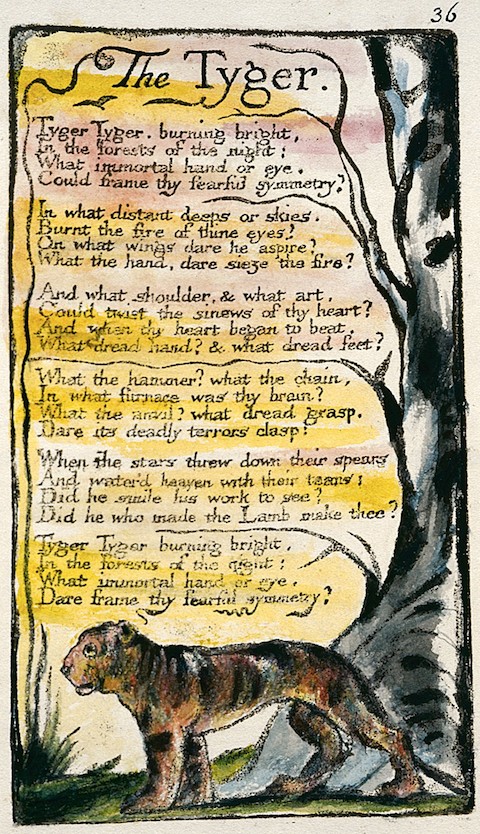The Beatles’ Sgt. Pepper’s Lonely Heart’s Club Band may or may not still be the “greatest rock album of all time,” but—as the presenter in the documentary above remarks—it most certainly is “an extraordinary mirror of its age.” The album also marks several great leaps forward in studio recording techniques and pop songwriting, as well as production time and cost. Sgt. Pepper’s took five months to make and cost 40,000 pounds. By contrast, the first Beatles album, Please Please Me, was recorded live in a single day for a cost of about 400 pounds.
The band decided to make such investments in the studio after becoming fed up with constant touring. In addition to the grueling schedule, John Lennon had alienated many of the band’s religious American fans with the flippant “more popular than Jesus” remark. And in the Philippines, they failed to turn up for an event put on by Ferdinand Marcos, offending both the dictator and his wife; they “barely escaped with their lives,” we’re told above. Furthermore, amplification technology being what it was at the time, there was no possibility of the band’s sound on stage competing with the volume of screaming fans in the stadium crowds, and they found themselves nearly drowned out at every show.
They retreated somewhat—Harrison to India to work with Ravi Shankar, Lennon to Spain to work with filmmaker Richard Lester—until they were rallied by Paul McCartney, whom Ringo calls “the workaholic” of the band. Having firmly decided to leave the road behind for good, says McCartney, they “very much felt that it could be done better from a record than from anywhere else,” that “the record could go on tour.” Recording began on November 24, 1966 with “Strawberry Fields Forever,” a track that didn’t even appear on the album, but on its follow-up, Magical Mystery Tour.
We’re treated in the documentary to the original recording of the song, with commentary from George Martin, who explains that recording technology at the time was “in a primitive state,” only just entering the multitrack stage. Limited to four tracks at a time, engineers could not separate each instrument onto its own individual track as they do today but were forced to combine them. This limitation forced musicians and producers to make firm decisions about arrangements and commit to them with a kind of discipline that has gone by the wayside with the ease and convenience of digital technology. Martin talks at length about the making of each of the songs on the album, patiently explaining how they came to sound the way they do.
As a musician and occasional engineer myself, I find that the heart of the documentary is these moments with Martin as he plays back the recordings, track by track, enthusiastically recounting the production process. But there’s much more here to inspire fans, including interviews with the classical musicians who played on the album, stories from Paul, George, and Ringo about the writing and development of the songs, and even an interview with reclusive Beach Boy and studio wizard Brian Wilson about his Pet Sounds, an experimental precursor and inspiration for Sgt. Pepper’s. We do not hear much about that famous album cover, but you can read all about it here.
For Paul McCartney, “the big difference” Sgt. Pepper’s made was that previously “people played it a bit safe in popular music.” The Beatles “suddenly realized you didn’t have to.” Over the next few months, they cobbled together their personal influences into a glorious pastiche of rock, pop, balladeering, vaudevillian show tunes, psychedelic studio experimentation, television advertising jingles, and Indian and symphonic music—creating the world’s first concept album. Nothing like it had ever been heard before, and it may not be too much of a stretch to say that nearly every pop record since owes some debt, however small, to Sgt. Pepper’s, whether by way of the songwriting, the conceptual ingenuity, or the studio experimentation. To see the influence the album had on a handful of popular English musicians forty years later, watch the BBC television special above, produced in honor of the album’s fortieth anniversary and featuring bands like Travis, the Magic Numbers, and the Kaiser Chiefs covering the album in its entirety.
Related Content:
The Strawberry Fields Forever Demos: The Making of a Beatles Classic (1966)
The Beatles: Unplugged Collects Acoustic Demos of White Album Songs (1968)
The Making (and Remaking) of the Beach Boys’ Pet Sounds, Arguably the Greatest Rock Album of All Time
Josh Jones is a writer and musician based in Durham, NC. Follow him at @jdmagness




